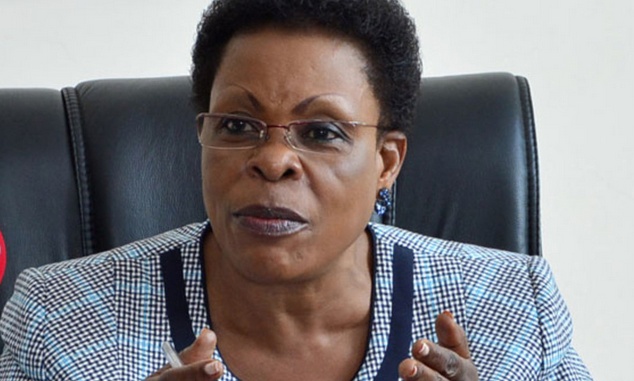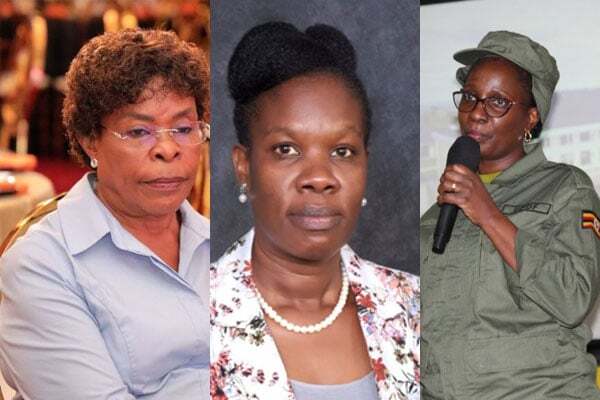As the term of Uganda’s current Inspector General of Government (IGG), Beti Olive Namisango Kamya-Turwomwe, draws to a close, the contest for this powerful anti-corruption office has become one of the most closely watched political dramas in the country. Kamya, whose tenure has been marked by high-profile investigations and bold anti-corruption stances, has publicly declared her willingness to serve a second term if reappointed—a move that has ignited spirited debate within political circles and the wider public.
The Role and Significance of the IGG
The IGG is a constitutional office tasked with fighting corruption, abuse of authority, and maladministration in Uganda. The officeholder is responsible for authorizing and supervising investigations, issuing reports, prosecuting offenders, and ensuring public accountability in government institutions. With Uganda’s ongoing struggle against corruption, the IGG’s role is not only administrative but also highly symbolic, representing the nation’s commitment to transparency and good governance.

Beti Kamya’s Tenure: Achievements and Controversies
Appointed in 2021, Beti Kamya brought to the office a wealth of political and administrative experience, having served as Minister for Lands, Housing and Urban Development, Minister for Kampala Capital City Authority, and as a Member of Parliament. During her first term, Kamya’s office reported recovering billions in lost assets, concluding hundreds of investigations, and achieving notable convictions in corruption-related cases. Her leadership style has been described as hands-on and assertive, with a focus on increasing public awareness and citizen engagement in the fight against corruption.
However, Kamya’s tenure has not been without controversy. Critics have questioned her political allegiances and suitability for the role, given her background as a politician and former presidential candidate. Some opposition figures and civil society activists argue that the IGG’s office should be led by a non-partisan figure to ensure impartiality and public trust. Others have lauded her for taking on entrenched interests and for her willingness to tackle difficult cases, even when they involve powerful individuals.
The Looming Succession Battle
With Kamya’s first four-year term ending in September 2025, the race for the IGG post has intensified. According to Uganda’s constitution, the IGG and their deputies serve four-year terms and are eligible for reappointment only once. Kamya has confirmed her interest in a second term, stating, “Of course, I will be available if given a second term. It’s a challenging job, but it brings satisfaction. You realise you can do a lot to help this country from the cancer of corruption”.
Kamya faces competition from her two deputies, Dr. Patricia Achan Okiria and Ms. Anne Twinomugisha Muhairwe, both of whom are also reportedly interested in the top job. The final decision rests with President Yoweri Museveni, who has the constitutional mandate to appoint the IGG, subject to parliamentary approval. Political lobbying is said to be intense, with various stakeholders seeking to influence the president’s choice. Some sources suggest that connections to influential figures, including members of the First Family and prominent Christian organizations, may play a role in the selection process.
Political and Public Reactions
Kamya’s willingness to continue has sparked debate about the future direction of the IGG’s office. Supporters argue that her reappointment would provide continuity and build on the progress made during her first term. Detractors, however, call for new leadership, citing the need for fresh perspectives and concerns about political neutrality.
The debate also reflects broader anxieties about Uganda’s anti-corruption fight. The IGG’s effectiveness is seen as a litmus test for the government’s commitment to accountability and the rule of law. As the selection process unfolds, the public and civil society organizations are watching closely, aware that the outcome will have far-reaching implications for governance and public trust in Uganda.
Conclusion
The battle for the IGG job is more than a contest for a government position—it is a reflection of Uganda’s ongoing struggle with corruption, political patronage, and the quest for good governance. Whether Beti Kamya is reappointed or a new face takes over, the next IGG will inherit a role of immense responsibility at a critical juncture in the nation’s history. The coming months will reveal not only the next occupant of the office but also the direction of Uganda’s anti-corruption agenda for years to come.

